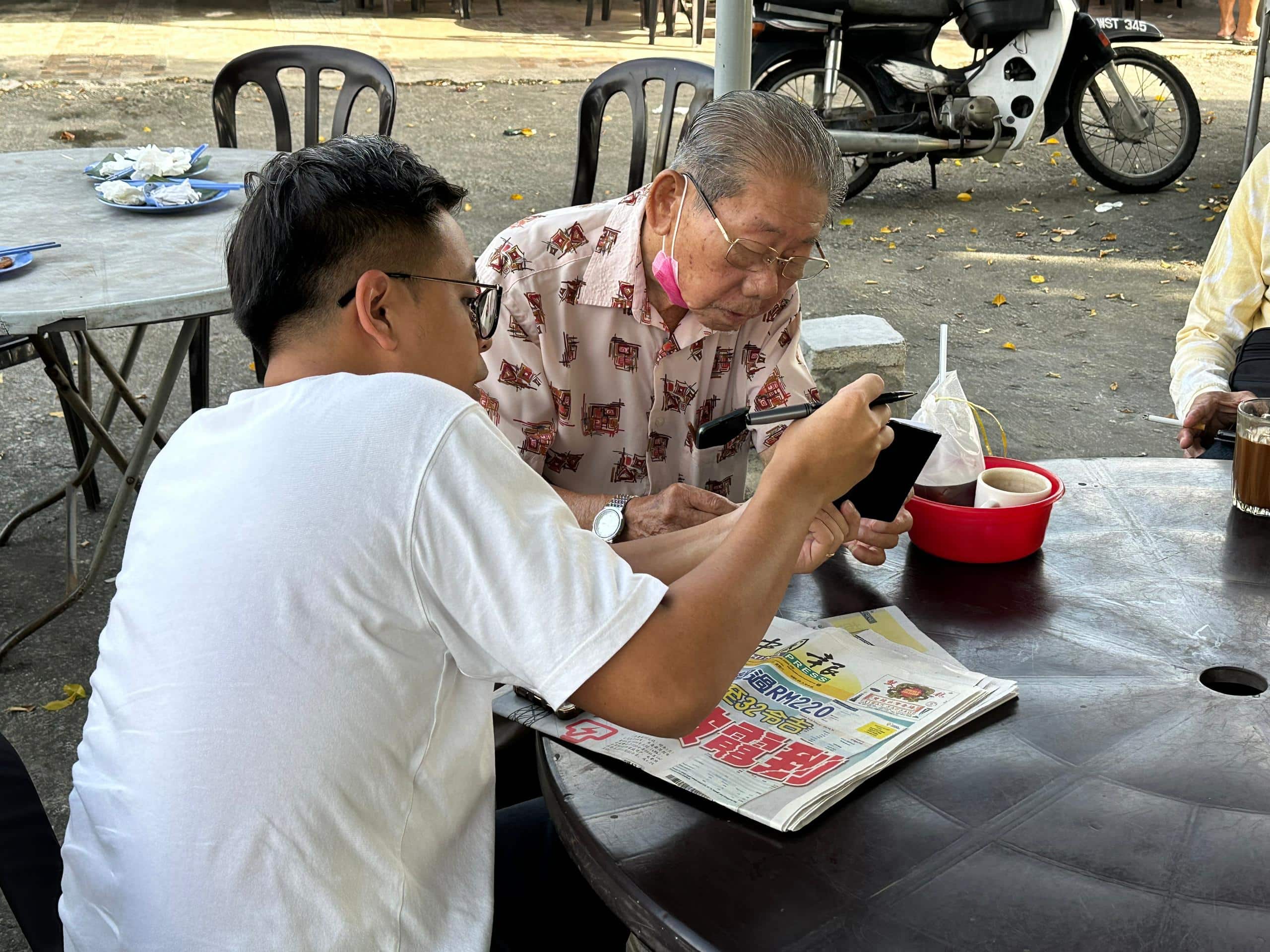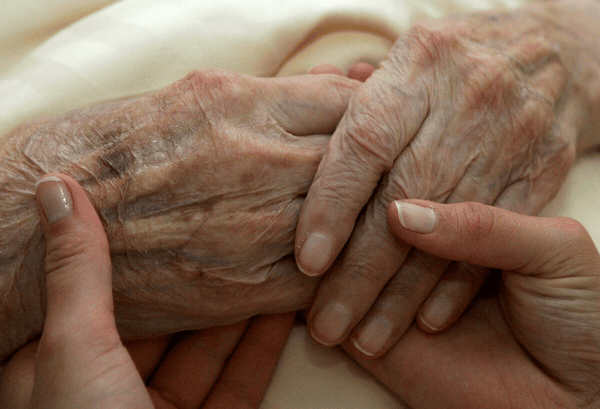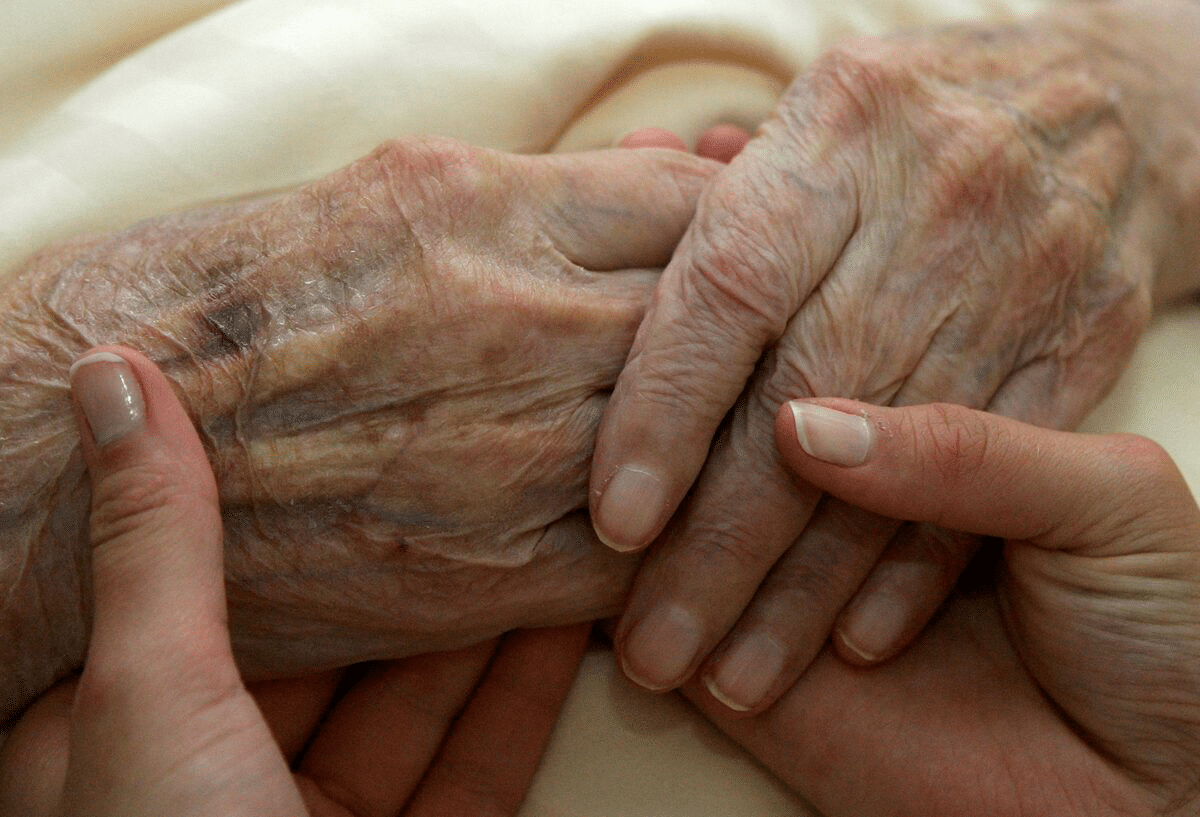SHAH ALAM, Oct 21 — With over 822,000 senior citizens, or 11.4 per cent of its total population, Selangor — Malaysia’s most populous and industrialised state — grapples with the tribulations of a rapidly ageing society.
This trend brings rising risks of chronic diseases, frailty, and long-term healthcare demands, seen as challenges that could strain both families and the public health system if not addressed early.
Recognising the urgency, the state government has adopted a preventive, community-based approach through targeted health screening and early intervention, such as the Selangor Senior Citizen Health Screening Programme.
It has been positioned as a key initiative to promote healthy ageing and reduce future healthcare costs by detecting risks early and empowering the elderly to take responsibility for their health.
According to state executive councillor for public health and the environment Jamaliah Jamaluddin, Selangor’s proactive strategy is based on the belief that prevention is more effective and less costly than late-stage treatment.
“Selangor is home to the highest number of elderly people in Malaysia. With this comes greater responsibility to build a sustainable healthcare system, especially in managing chronic diseases and ensuring early detection,” she told Media Selangor recently.
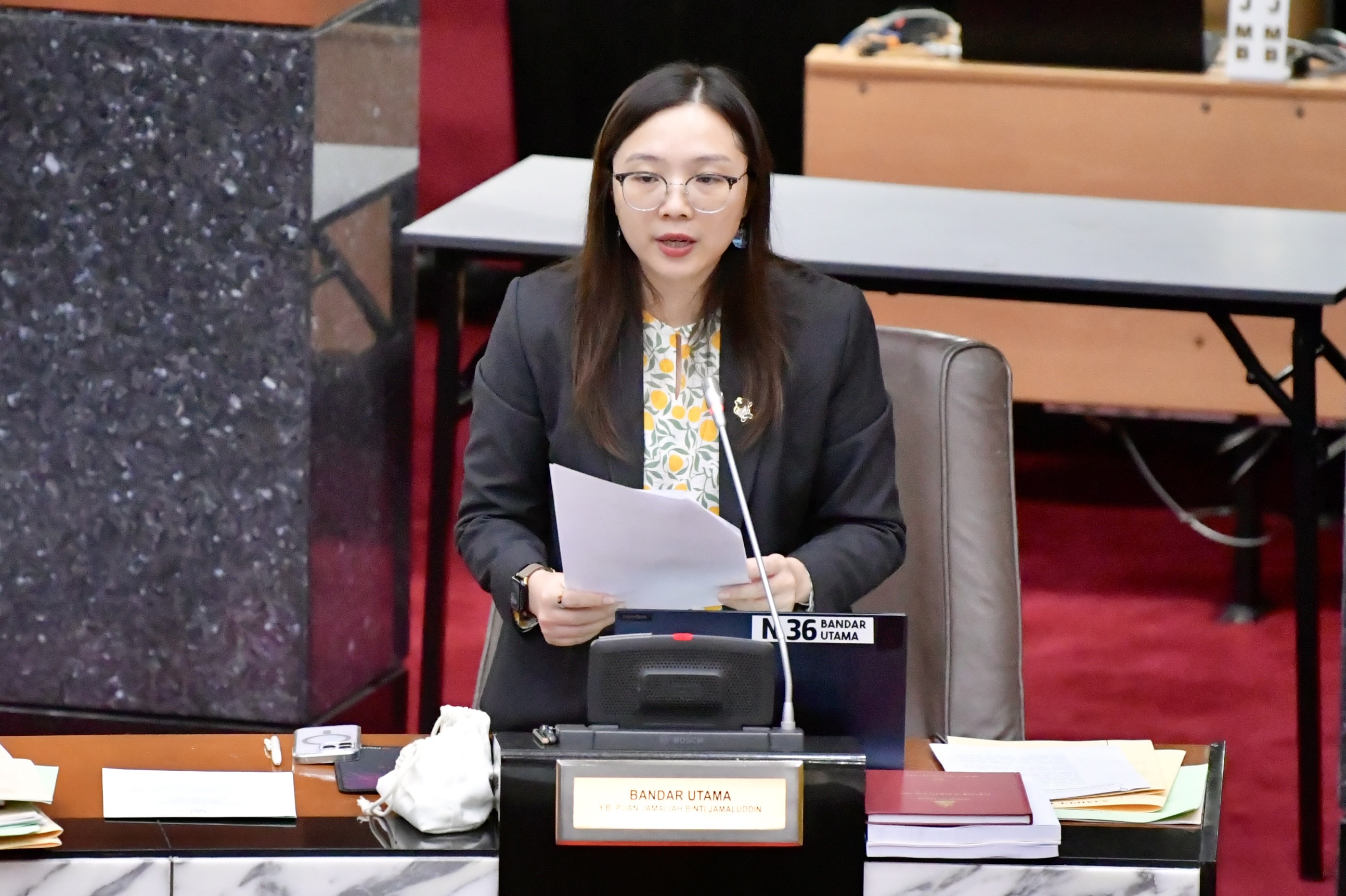
Prevention through screening
According to state data, the health screening programme, conducted across the Kuala Langat, Gombak, Petaling, Klang, Sabak Bernam, and Kuala Selangor districts so far, involved 1,153 participants between May and October this year.
Out of these, 422 participants (37 per cent) were identified as either pre-frail or frail, while 401 (35 per cent) were found to be malnourished or at risk of malnutrition.
Those identified were referred to nearby health clinics for medical consultations, nutritional advice, and follow-up treatment.
“This ensures that the elderly receive continuous care tailored to their specific needs, rather than being left unattended until conditions worsen,” said Jamaliah, adding that frailty prevention requires a holistic approach that includes balanced nutrition, resistance-based exercise, and active participation in social activities.
“All three components are crucial to improving physical health, mental well-being, and quality of life,” she said.
To empower participants, the state government provides each elderly individual with exercise and nutrition diaries and resistance bands to encourage self-care and regular physical activity at home.
“This helps slow down the ageing process, maintain daily function, and reduce dependency on caregivers,” Jamaliah said, noting that follow-up assessments are conducted at nearby health clinics within two weeks, enabling continued monitoring.
“Early detection and intervention not only improve health outcomes but also prevent unnecessary hospitalisations and reduce the burden on families and the public health system,” she said.
Despite these efforts, the councillor acknowledged that awareness about frailty and age-related health risks remains low, with many of the elderly only seeking medical help once symptoms worsen.
“This is why we want to promote preventive care before the age of 60,” she said, suggesting that elderly exercise programmes and health education be introduced earlier.
Jamaliah also highlighted the need to enhance access to physiotherapy for older adults with joint-related conditions such as osteoarthritis, the third most common ailment detected in the screenings.
She said Selangor is also strengthening partnerships with NGOs, healthcare providers, and research institutions to expand outreach and sustainability, emphasising that active ageing cannot be achieved by the government alone.
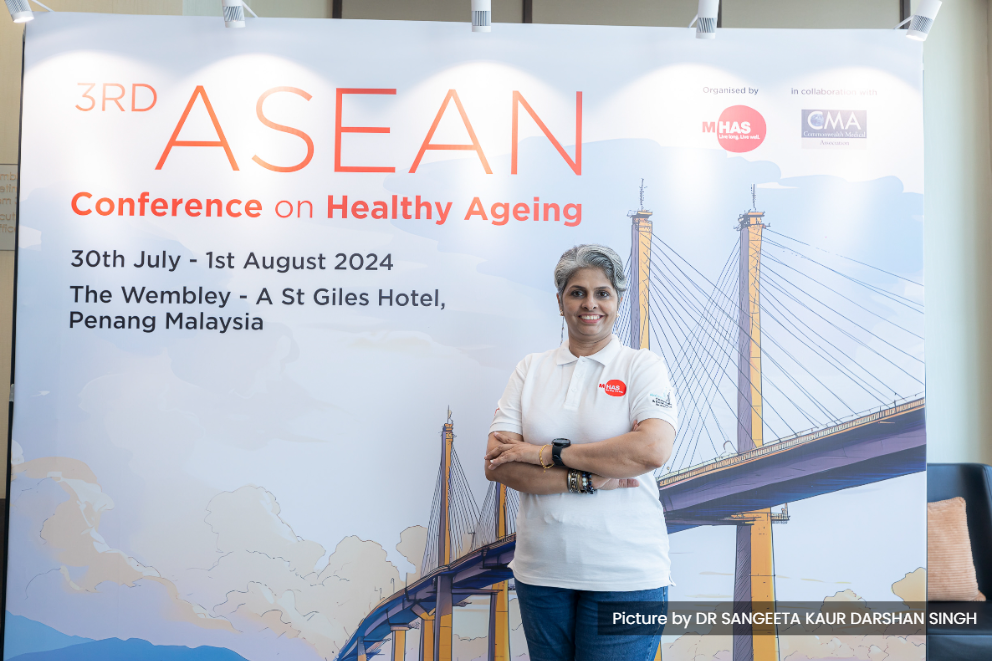
Early action for fine ageing
For the Malaysian Healthy Ageing Society (MHAS), while Malaysia’s rapidly ageing population faces urgent health challenges, including the growing burden of non-communicable diseases (NCDs) and age-related conditions like frailty, sarcopenia, and dementia, many of these are still preventable if addressed early.
MHAS honorary secretary Dr Sangeeta Kaur Darshan Singh said these conditions are often interconnected, noting that the loss of muscle mass and mobility can hasten frailty and cognitive decline, leading to dependency and, in severe cases, institutionalisation.
“It is crucial to intervene before functional decline begins, ideally in mid-life. Prevention is most effective when individuals are still active and able to build resilience through better lifestyle habits,” she said.
One such ailment is sarcopenia, the gradual loss of muscle strength and function, which is particularly overlooked and mistaken as a normal part of ageing.
“Awareness about sarcopenia is still very low. Many people only realise its impact when they begin to struggle with basic activities like climbing stairs, carrying groceries, or maintaining balance,” Dr Sangeeta said.
She recommended three key prevention measures: regular resistance and balance exercises, adequate protein and Vitamin D intake, and routine health screening, especially for adults aged 50 and above.
Dr Sangeeta added that public education campaigns and community-based exercise programmes, especially when integrated into primary healthcare, can help delay frailty and preserve independence.
She commended Selangor’s elderly health screening initiative as a significant step in promoting preventive care and data-driven health planning, describing it as an excellent example of proactive policy.
However, screening alone is not enough unless the findings lead to meaningful interventions.
As such, MHAS urged all screening programmes to be complemented by effective referral and follow-up systems, ensuring that those identified as at risk receive timely treatment, community rehabilitation support, and lifestyle and nutrition integration programmes.
“This holistic model can help prevent conditions from worsening, reduce hospital admissions, and promote healthier, longer lives.
“Ageing is not just a healthcare issue, it is a societal one. Our shared goal should be to build age-friendly communities, where healthcare, urban planning, and social participation work hand-in-hand to uphold the dignity and independence of our senior citizens,” Dr Sangeeta said.
